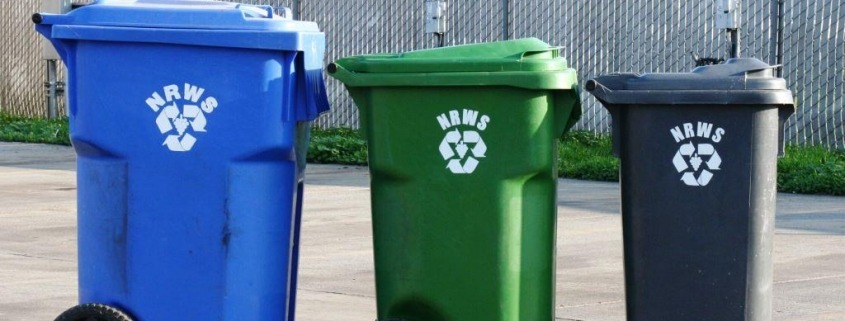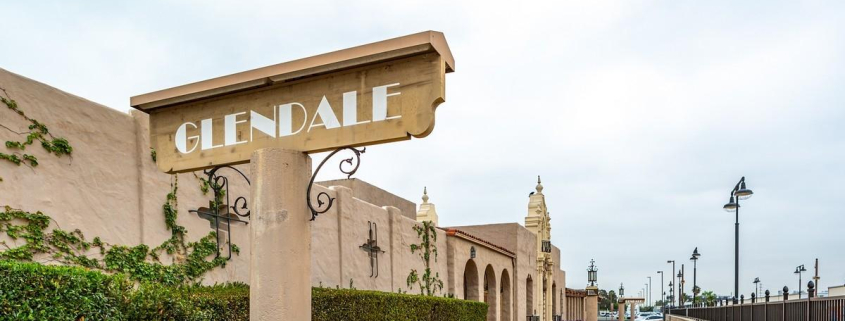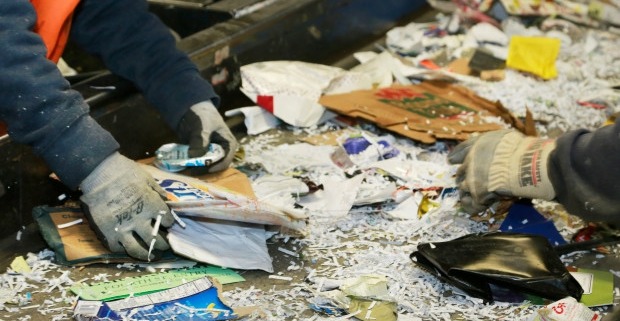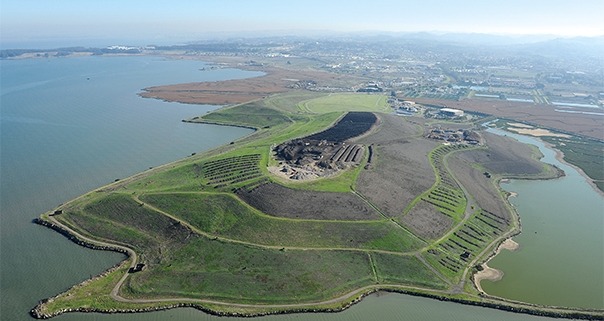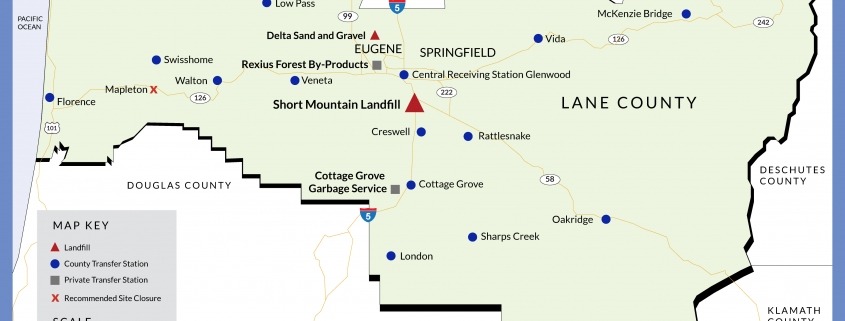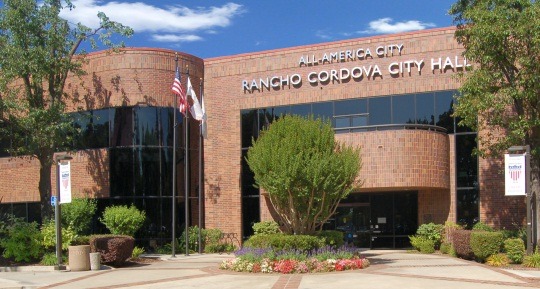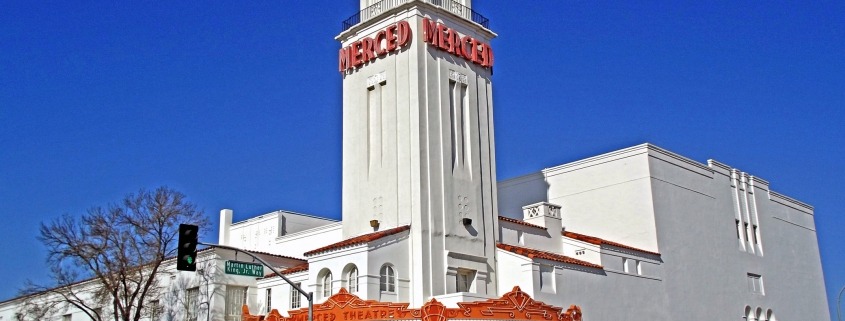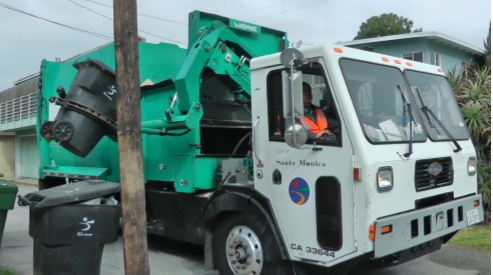R3 (with the assistance of Abbe & Associates and Blue Ridge Services) was engaged by Lane County (County), Oregon, with a three (3) phased master planning process: conducting an Operational Review, developing a Regional Strategic Master Plan, and developing Jurisdiction-Specific Action Plans. The County operates a series of 16 transfer stations, a large landfill and a special waste facility.
Phase I: Operational Assessment
R3 reviewed the operations and finances of Lane County’s landfill and transfer station system, and material recovery operations, and identified opportunities to improve the safety, cost, diversion, and overall system performance. Recommendations were very well received by Lane County and include: reconfiguring Lane County’s rates for material recovery facility residuals to provide more effective incentives to divert material, revising operations at the landfill and at the County’s central transfer station, and closing various rural transfer sites. The Phase I Operational Assessment Final Report was presented and well received by the County Board of Commissioners. A major goal was to identify at least $1.5 million in annual cost savings for the Division; R3’s recommendations are projected to save the County $1.8 million annually.
Phase II: Regional Master Plan
Phase 2 of the project involves conducting a needs assessment and developing a strategic Regional Master Plan, with the goal of achieving a Countywide diversion rate of 63%. The Phase II Regional Waste Master Plan involves identifying, evaluating and recommending programs and policy options, and projecting funding needs associated with the recommended Master Plan components. R3 also led the stakeholder involvement process as part of Phase II. As part of the development of the Regional Master Plan, R3 designed the supporting stakeholder involvement process that included:
- Developing a short- and long-range vision (initially working with Lane County staff, then with stakeholders);
- Developing a communication plan to compile information and feedback from representatives of the various cities in Lane County, the private solid waste haulers and facility operators, non-profits, and residents and businesses; and
- Conducting stakeholder engagement and outreach efforts (workshops, public meetings, publications, websites, etc.) to obtain feedback, ideas, and “buy-in.”
- As part of this phase, R3 leveraged the County’s regional food recovery programs to develop recommendations for increased edible food recovery.
Phase III: Jurisdiction-Specific Action Plans
Phase III of the project involved working with the cities of Eugene and Springfield to develop jurisdiction-specific Action Plans to guide the implementation of solid waste management system polices, programs, and facilities in those jurisdictions that are aligned with the County’s Regional Master Plan.
Recently, R3 was selected to further assist the County with the following:
- Drafting and executing waste disposal agreements with each of the incorporated cities that currently deliver their waste to the County’s waste management transfer station and landfill system;
- Assessing the pros and cons of establishing a countywide solid waste joint powers authority, and each of the jurisdiction’s level of interest in forming a JPA, and identify next steps; and
- Drafting and negotiating a memorandum of understanding for coordinated county-wide solid waste management reporting requirements,;
- Assess the pros and cons of the various collection system structures available to the County for the regulation of its private haulers in the Eugene-Springfield Urban Growth Boundary and the other more rural unincorporated areas of the County, and recommend a preferred structure
based on the County’s objectives for its solid waste management system;
- Drafting a performance-based high-recovery “model” franchise agreement, with private hauler input, that the County can use to regulate haulers within the County based on the preferred collection system structures determined above; and
- Assisting the County with the executing performance-based high- franchise agreements with the private haulers operating in unincorporated Lane County.

